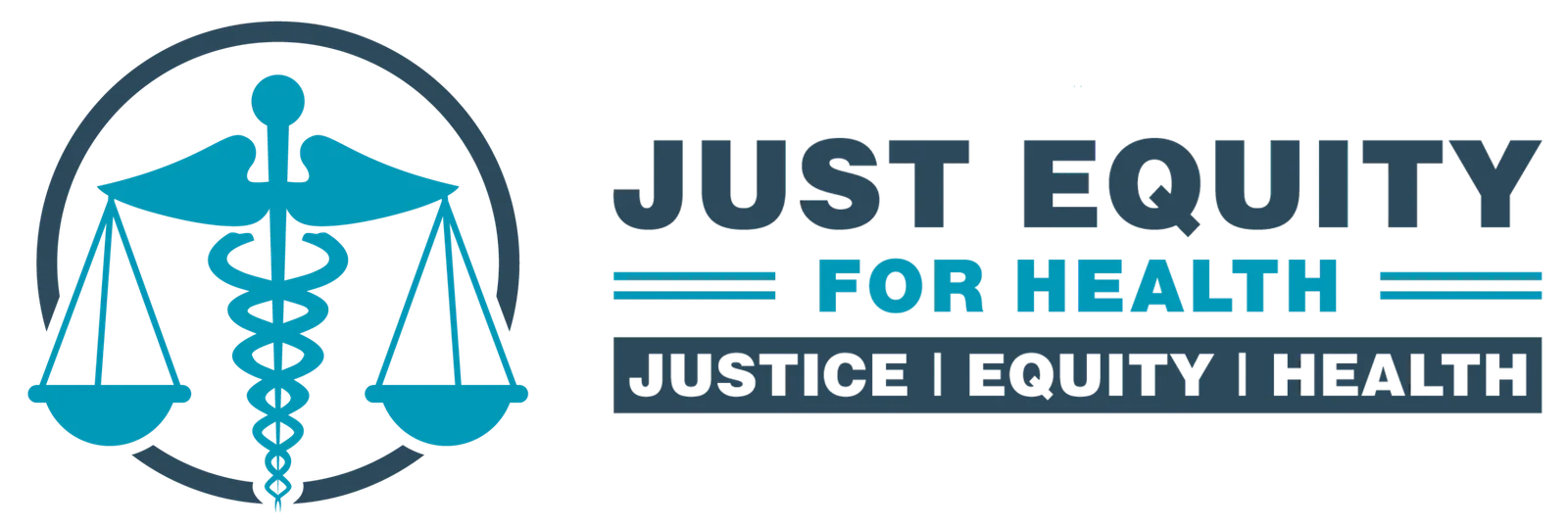
“I am pathologically incapable of feeling inferior or afraid to present something, so, that’s just not something I’m going to worry about.” said Juan Michael Porter, II, Senior Editor of The Body. “My parents taught us that, because we were their kids, our voices deserved to be heard, and we would stand and deliver.” The writer and choreographer mentioned his appreciation for the mild winters of Spain, as well as Europe’s ease of access to important medications.
Many people from troubled homes emerge without a strong and grounded sense of self, but Juan Michael has been making the changes that he needed to thrive since he was a teen growing up in Irvine, California. At that time, he left his abusive household behind, and found a new group of loved ones within his local queer community. He soon learned to dance within a convergence of Asian cultures, going on to study singing at The American Music and Dramatic Academy, eventually joining an Ivorian dance company. He later joined a Chinese dance company, harkening back to his dance roots in Irvine.
Juan Michael’s inclination to the art of dance lent itself to a deeper appreciation for fitness. As a young adult, he led his own no-child-left-behind-type effort by heading fitness programs and runs for children as Regional Coordinator of New York Road Runners. There, he was strongly encouraged by his peers to continue his pursuit of dance, as “anyone can teach kids to run,” but Juan Michael’s talent was underutilized. The road was not easier when he danced as opposed to when he ran, but Juan Michael left his distinctive fingerprint on a number of dance companies.
“I’m a great dancer, and I’m a great partner, but if that’s not enough, then obviously, I need to be elsewhere.” His ambition and talent drove him into the artistic elite of New York City theater, where he became one of the most highly requested independent choreographers. Once ensconced in the performance community’s slate of powerful innovators, Juan Michael moved to level the playing field for dancers through The Moving Beauties Series, an organization focused on fair compensation for dancers. In an era where even globally loved performers must tour to get paid, Juan Michael set an example for how to build more equitable arts.
The writer and theater whiz said his healthcare advocacy is informed by his love for and experiences in theater. As The Moving Beauties Series empowered and compensated dancers, Whore Works emerged, the fruit of his deep research into the lives and realities of sex workers. The production explores the value of love, and toured cities around the world for years. “How it’s informed is [in] the storytelling…as a journalist, all of the work that I do that frames a story comes directly from theater.” It’s about reaching an audience, and whether he is singing, dancing, or writing, and that is healthcare outreach.
“I think that the biggest challenge in HIV education is the stigma, but the best medium is where people are going…my parents programmed me to believe that me and my siblings had a voice that was worth hearing. If I write an article, and reach many different people, then that’s the preferred method.” His article about famed choreographer Ulysses Dove influenced college curricula, as he later learned from several students.
“Living with HIV is sort of an insult because we have everything we need to eliminate this virus. If I can acquire HIV, then anyone can. And it’s best when I say that out loud.” A natural and trained speaker, Juan Michael proudly uses his potent and studied skillset to spread information and education.
For Juan Michael, data points tell their own compelling story. “When you speak about something, it’s grounded in a specific reality. We have 36,000 new HIV infections each year that we know of, and let’s not forget that states don’t always submit information accurately, or on-time.”
One of the data points Juan Michael cites as part of the problem with HIV treatment access is his own experiences running out of a prescription before leaving the US for a trip to Europe, where he’d previously resided as a model. Though his own US doctor’s office threatened to call the police if he attempted to get another prescription, a compassionate doctor in Italy was too happy to hand them over at less than a third of the price of his treatments in the US.
“Why should I have to go through that? Why should anyone have to go through that?” Juan Michael understands and appreciates some of the limited privileges that he garners as an American man, but as a queer Black person living with HIV, his eyes have long been open to the extent of the global HIV crisis. He mentions the widely-recognized fact that Black women – both in the US and in African countries – are overrepresented in new cases of HIV, relative to the human population, as anyone able to acquire HIV.
Central to HIV education is pushing back on HIV stigma, something that’s found a happy home with other medical misinformation. Juan Michael has taken HIV-associated business leaders to task on the use of compassionate, people-first language, and pushed back against people in his personal circles to better understand how HIV and HIV treatments work. Juan Michael also serves as an STI escort, offering emotional support and companionship in a larger effort to encourage people to get tested for all of STIs, including HIV.
Despite Juan Michael’s incredible work and inroads made, he sees there is still a long way to go, from public attitudes to public policy. He reiterates speaking about HIV with compassion and factual information, and to stop treating HIV like a boogeyman. “People still think that HIV is a death sentence…but my life is just beginning.”
Please support some of Juan Michael’s favorite causes:
The International AIDS Society
Alexandria Hicks is a writer of prose, healthcare, and advertising. Born and raised in Nashville, Tennessee, she’s lived in Los Angeles, California and Houston, Texas. She currently calls New York City home.

